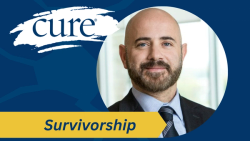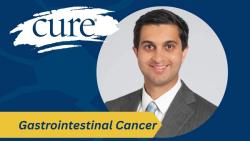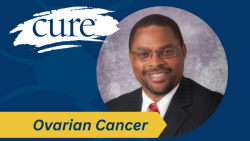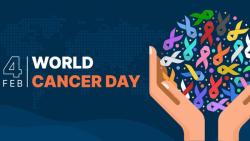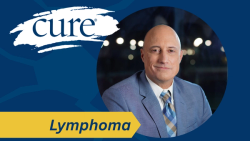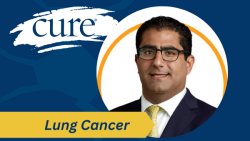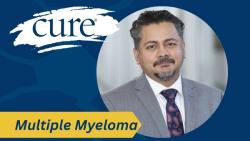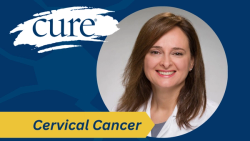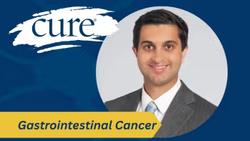Patients With Cancer Should Speak Up About Mental Health Struggles if They Don’t Feel Heard, Expert Says
A psychiatrist advises patients with cancer to speak up about their mental health concerns during cancer treatment, as there are tools that can guide best next steps.
Patients with cancer who have mental health struggles during treatment should not wait to reach out to their health care providers, according to Dr. Wendy Baer, a psychiatrist at the Winship Cancer Institute at Emory University in Atlanta.
Baer explained that clinicians have tools that they should be utilizing to measure levels of distress that patients are going through, such as the National Comprehensive Cancer Network’s Distress Thermometer, which measures physical concerns — such as pain, sleep issues and changing in eating habits — as well as emotional, social, practical and spiritual concerns.
Once clinicians better understand the feelings that patients are experiencing, they may be able to recommend seeing a therapist, joining a support group or another method to help manage the distress.
Transcription:
I think if people are getting treated in a place where they don't feel heard, or that some of their emotional concerns aren't getting addressed, it's worth bringing up. It's worth talking about with your (health care) team and see if you start a conversation if they can go anywhere.
There are guidelines for managing emotional states in cancer, and they're put out by the National Comprehensive Cancer Network. The instrument we use to measure emotional well-being and cancer is called the Distress Thermometer. And so that is actually recommended to be used in cancer centers. So, if we think about what the professional organizations in cancer are doing, they're actually saying we should attend to people's mental well-being while they're going through cancer.
For more news on cancer updates, research and education, don’t forget to subscribe to CURE®’s newsletters here.
Related Content
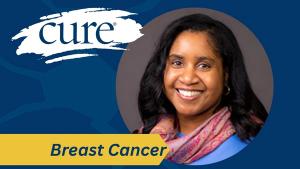 The Power of Personalized Care in Breast Cancer Treatment
The Power of Personalized Care in Breast Cancer TreatmentFebruary 6th 2026
 Breaking Down Metastatic Triple-Negative Breast Cancer Treatments
Breaking Down Metastatic Triple-Negative Breast Cancer TreatmentsDecember 31st 2025
 World Cancer Day Highlights Awareness and Global Collaboration
World Cancer Day Highlights Awareness and Global CollaborationFebruary 4th 2026
 FDA Grants Breakthrough Designation to Zovegalisib for Breast Cancer
FDA Grants Breakthrough Designation to Zovegalisib for Breast CancerFebruary 4th 2026
View additional resources on CureToday.com


